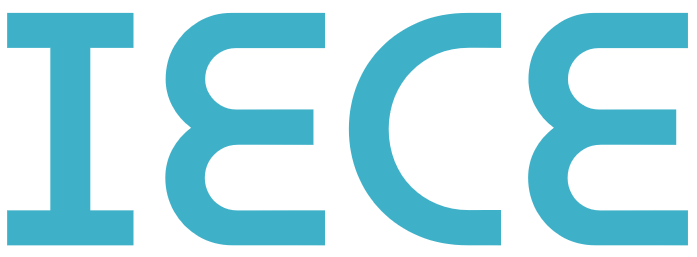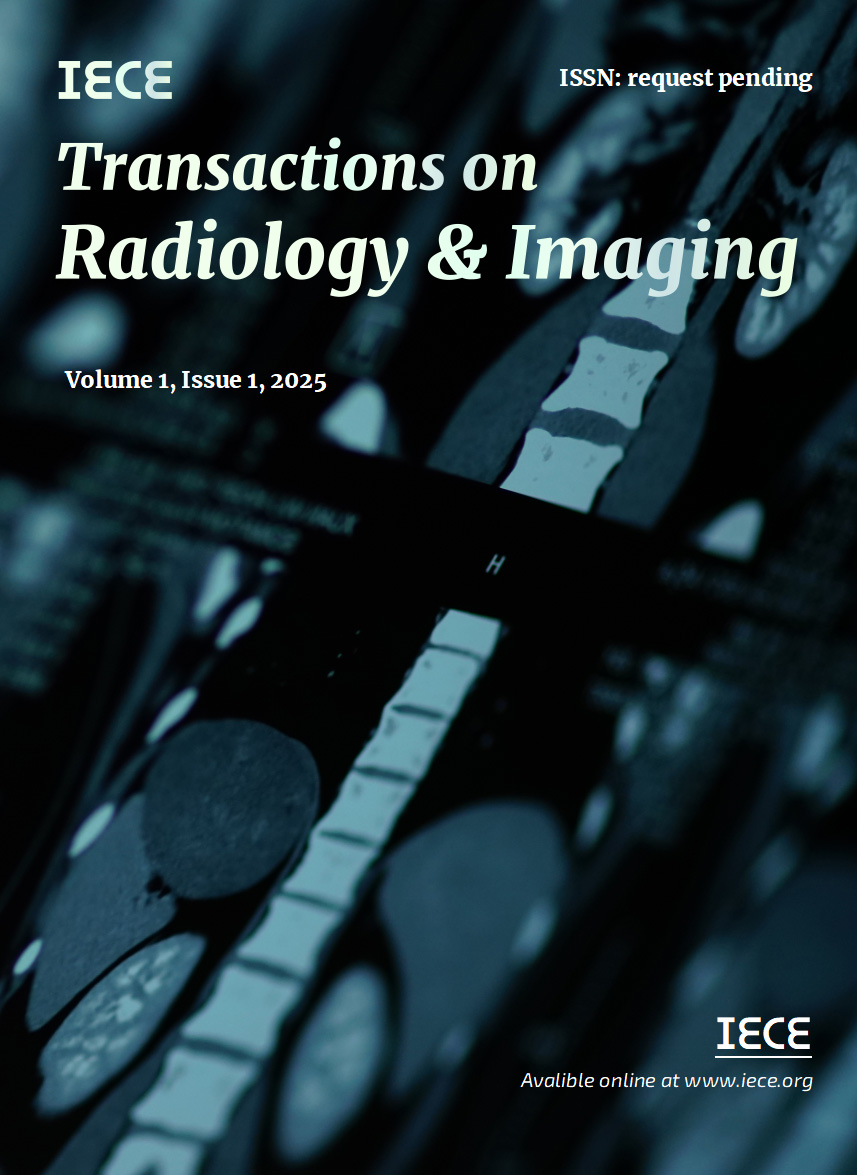Journal Information
IECE Transactions on Radiology and Imaging
Online ISSN: request pending
Print ISSN: request pending
Publishing model: Hybrid
DOI Prefix: 10.62762/TRI
Aims & Scope
Aims:
IECE Transactions on Radiology and Imaging aims to serve as a leading platform for the dissemination of cutting-edge research and developments in the fields of medical imaging and radiology. The journal seeks to cover a broad range of topics related to the technological, clinical, and computational advancements in imaging systems, as well as the methodologies used to analyze, process, and interpret imaging data. By providing a comprehensive overview of the latest research, the journal strives to contribute to the improvement of diagnostic and therapeutic practices in medicine.
Scope:
The journal publishes high-quality, peer-reviewed articles that span a wide range of subjects within radiology and imaging, including but not limited to:
Imaging Technologies and Modalities:
• Development, improvement, and innovation in imaging technologies, such as X-ray, MRI, CT, ultrasound, PET, SPECT, and molecular imaging.
• Advances in multi-modal imaging, hybrid imaging systems, and integration of imaging techniques.
• Development of novel contrast agents and imaging probes.
Medical Image Processing and Analysis:
• Image reconstruction algorithms, noise reduction, image segmentation, and enhancement techniques.
• Artificial intelligence (AI) and machine learning applications in medical imaging.
• 3D/4D image processing and visualization techniques.
• Computational methods for quantitative imaging biomarkers.
Radiomics and Radiogenomics:
• Extraction of imaging features for clinical decision-making and personalized medicine.
• Integration of imaging data with genetic, genomic, and clinical data.
• Radiomic analysis for disease detection, prognosis, and treatment monitoring.
Clinical Applications and Case Studies:
• Research into the clinical applications of imaging for various diseases, including cancer, cardiovascular diseases, neurological disorders, musculoskeletal conditions, and more.
• Studies on the role of imaging in early diagnosis, staging, treatment planning, and monitoring of diseases.
• Imaging for minimally invasive procedures, such as image-guided surgery and radiotherapy.
Imaging in Emerging Fields:
• Applications of imaging in new areas, such as molecular imaging, nanomedicine, and precision medicine.
• Imaging for the monitoring of drug delivery, tissue engineering, and regenerative medicine.
• Use of imaging in neuromodulation and brain-machine interfaces.
Radiology Informatics and Workflow:
• Radiology data management, image storage, and retrieval systems.
• Radiology information systems (RIS) and picture archiving and communication systems (PACS).
• Quality assurance, standardization, and optimization in clinical radiology practice.
• Telemedicine and remote radiology interpretation.
Safety, Ethics, and Regulatory Issues in Imaging:
• Radiation safety and the reduction of exposure in medical imaging.
• Ethical concerns surrounding imaging technology, AI use, and data privacy.
• Regulatory standards and guidelines in medical imaging.
Publication Frequency
Quarterly
Ownership

The journal is owned by Institute of Emerging and Computer Engineering.
Archiving
All journals published by IECE are archived in Portico, which provides permanent digital archiving for scholarly journals.
Ethics Statement
IECE is responsible for implementing rigorous peer review and strict ethical policies and standards to ensure that high quality scientific work is added to the field of scholarly publishing. IECE takes such publishing ethics issues very seriously, and our editors are trained to enforce COPE's Core Practices and Guidelines, with a zero-tolerance policy for plagiarism, data falsification, and other behaviours. To verify the originality of content submitted to our journals, we use iThenticate to check submissions against previous publications.



